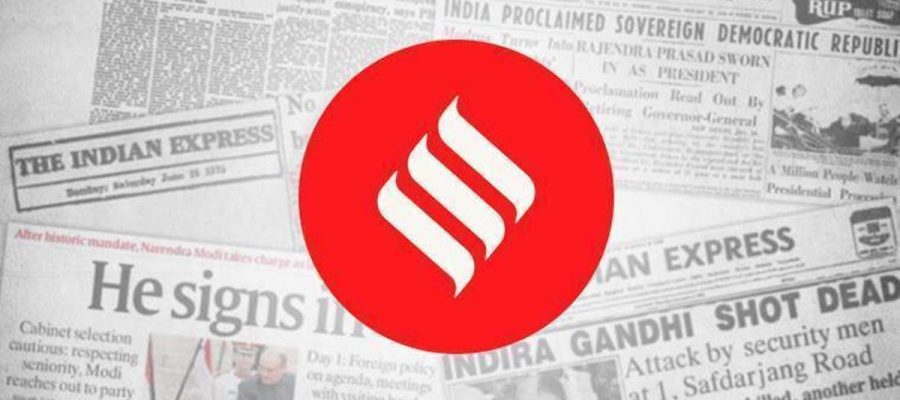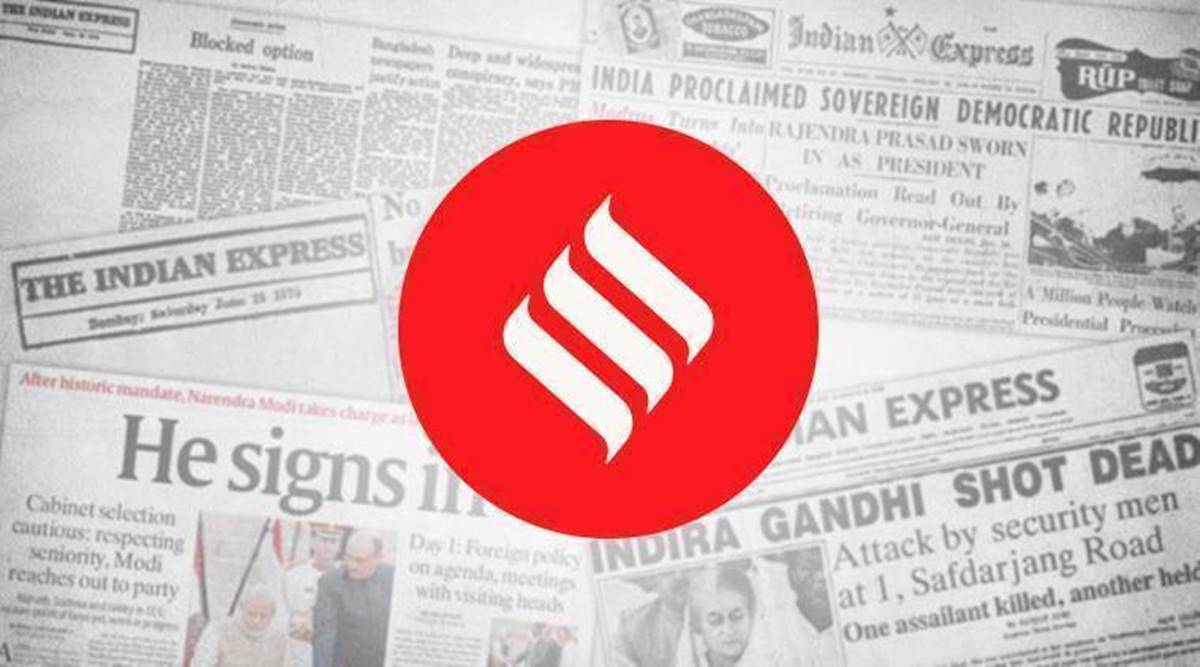Encouraging more paddy-wheat production makes little economic sense. MSP increase is politically directed
The political fallout of the movement against the Centre’s farm laws is showing. The Narendra Modi government has raised the minimum support price (MSP) of the 2021-22 paddy crop by Rs 72 per quintal, to Rs 1,940 for common and Rs 1,960 for ‘Grade A’ varieties. This increase, of slightly over 4.8 per cent, might seem modest. It is also true that cultivation costs — particularly on account of diesel used for powering tractors, irrigation pumps and harvester combines — have gone up. But that does not justify an MSP increase now, when rice and wheat stocks in public godowns have, for the first time, crossed the 100 million tonnes (mt) mark. Government agencies have procured over 97 mt of these two cereals from the 2020-21 crop so far, breaking even the previous year’s record of 91 mt. When granaries are already overflowing — distribution of free grain under the Pradhan Mantri Garib Kalyan Anna Yojana, over and above existing National Food Security Act entitlements, has made little difference — encouraging more paddy and wheat production makes no economic sense. Farmers should actually be discouraged to grow them, along with sugarcane, as they are water-guzzling to boot.
But it isn’t economics and agro-ecology alone. The government should be promoting crop and animal agriculture that also leads to consumption of foods rich in proteins, vitamins, minerals and dietary fibre — as against just calories and sugar — by the people. The right way to do it is by freezing the MSPs of paddy and wheat, besides capping their procurement at, say, 10-15 quintal per acre per farmer. This must be combined with higher MSPs for pulses, oilseeds and millets. The MSPs of tur and urad are up by Rs 300 per quintal for the coming season, while even more (Rs 452/quintal) in the case of sesamum. But the absence of assured procurement means farmers have no incentive to cultivate them. Instead, they are likely to further expand the area under paddy and wheat, perpetuating the most economically, environmentally and nutritionally perverse cropping pattern.
The reasons for the Modi government taking the beaten track are obvious. Since the launch of the farmer agitation, it has been under pressure to demonstrate that its reform laws aren’t aimed at ending MSP-based procurement. It’s not for nothing that government agencies have bought all time high quantities of paddy and wheat this time from Punjab, where the protests have also been the loudest. With the state headed for polls early next year, and the ruling party forced on to the defensive following the mishandling of the pandemic’s second wave and the electoral defeat in West Bengal, a renewal of the movement is seen as politically inopportune. Once again, it is politics that has taken the driver’s seat.
Source: Read Full Article


